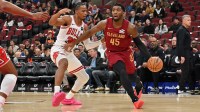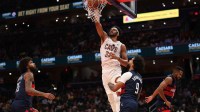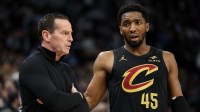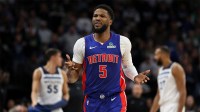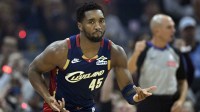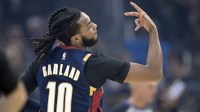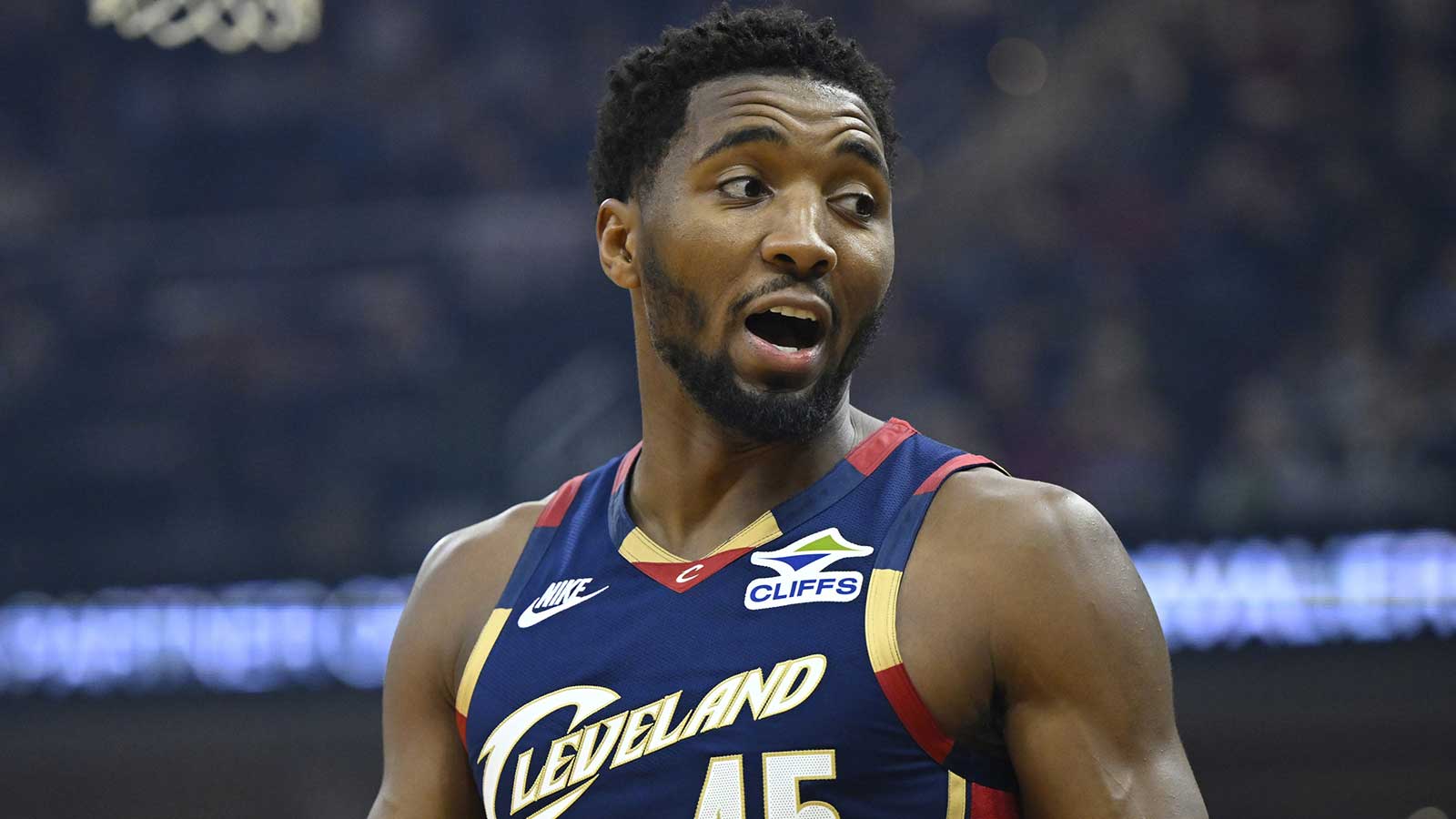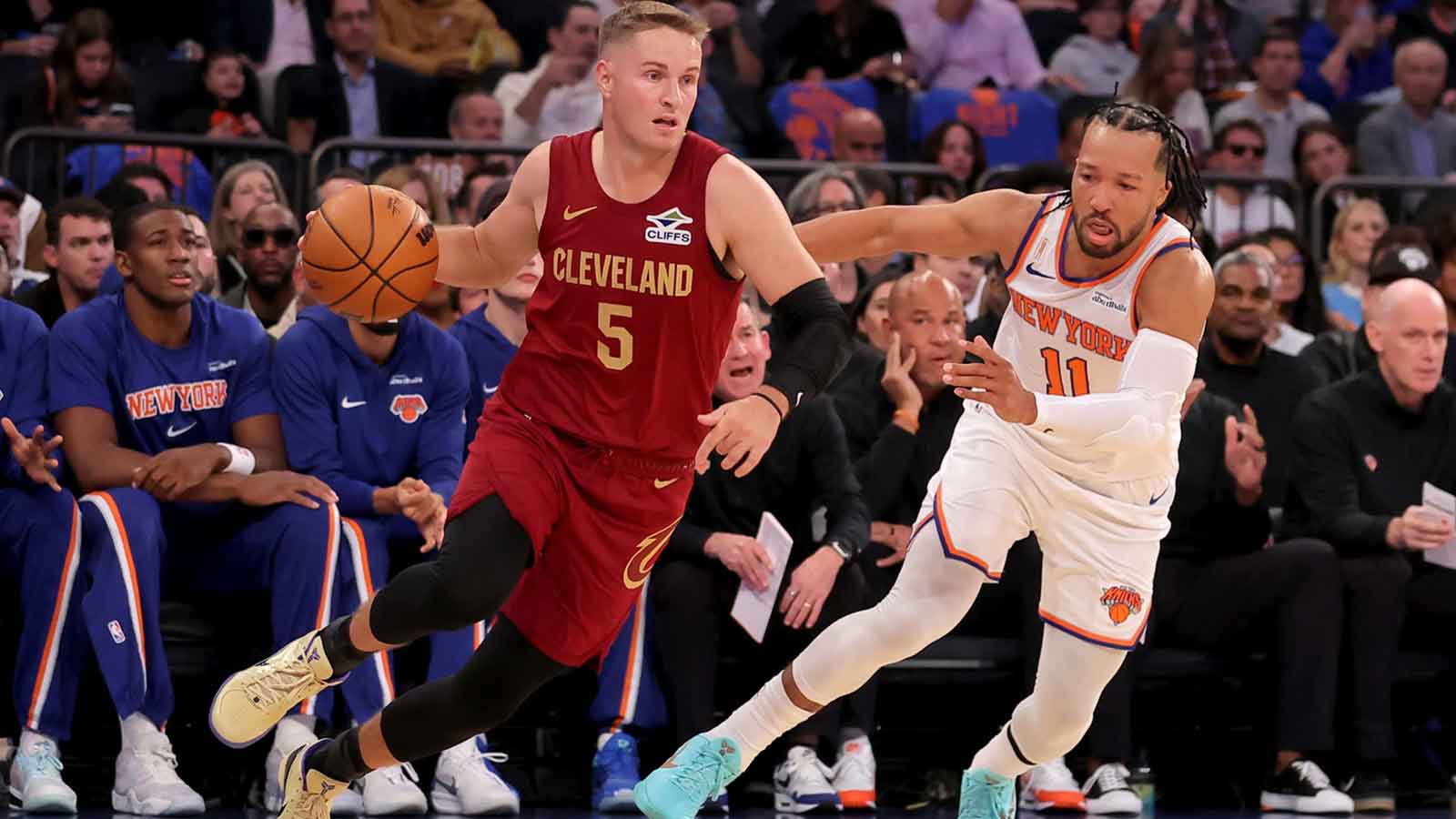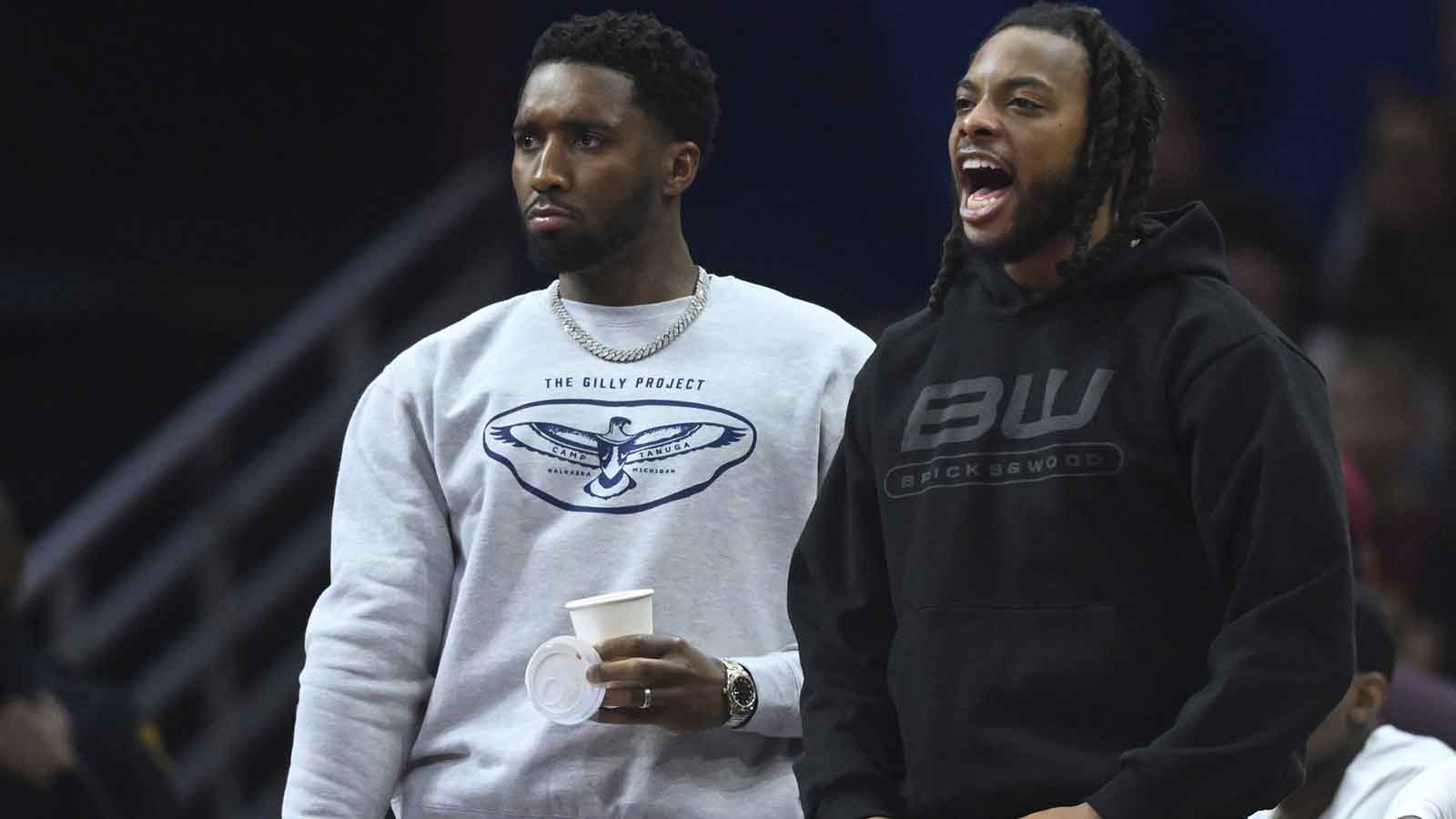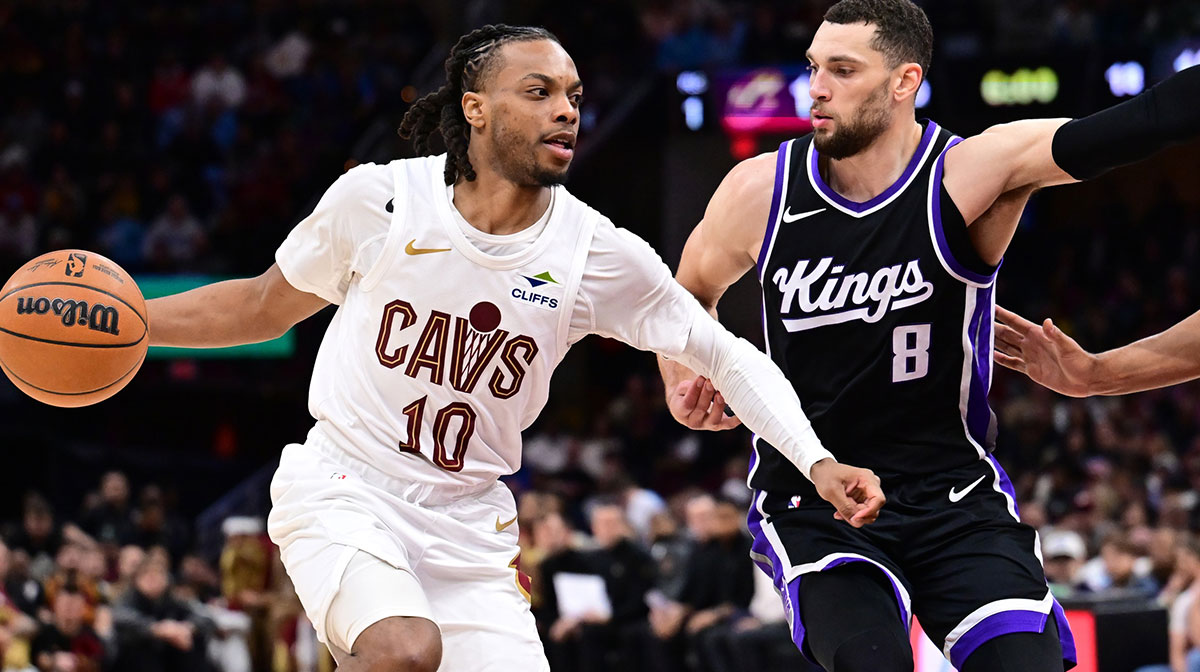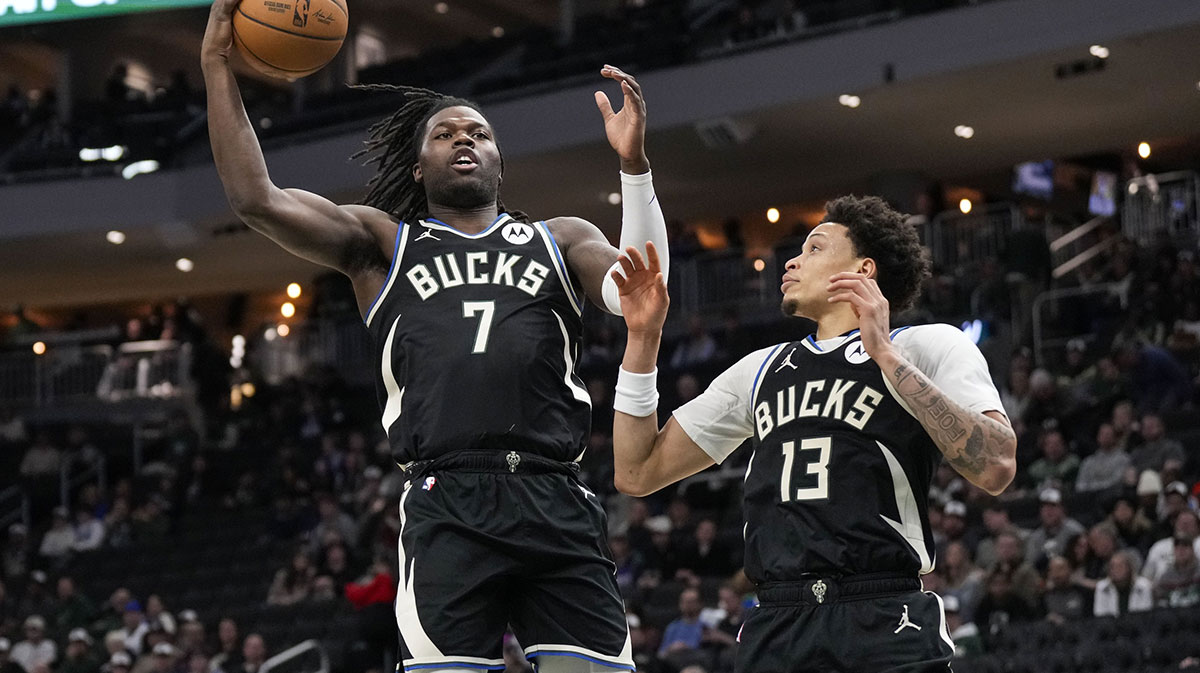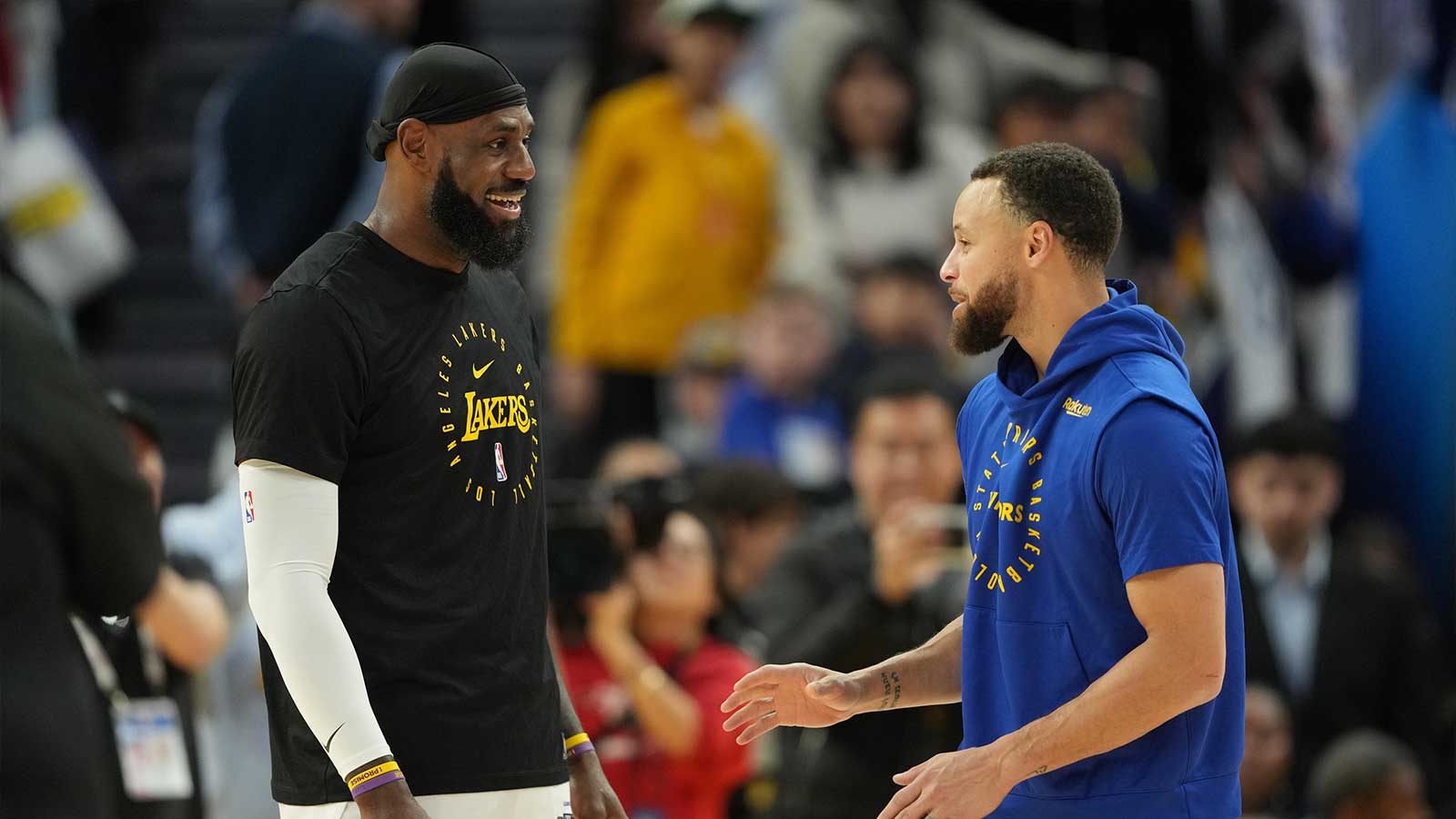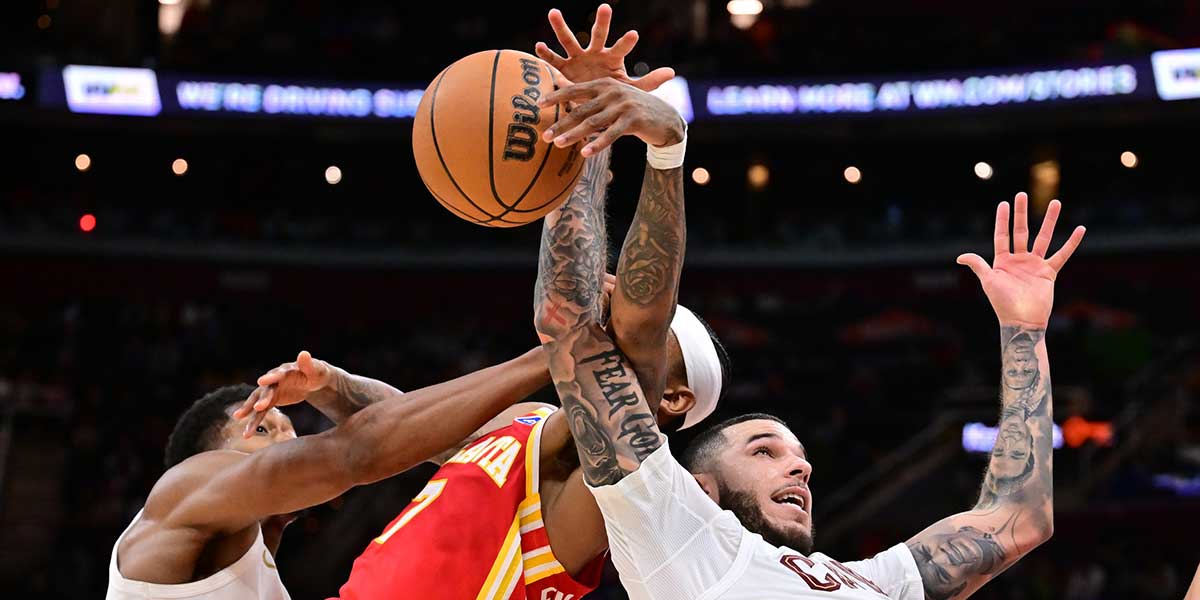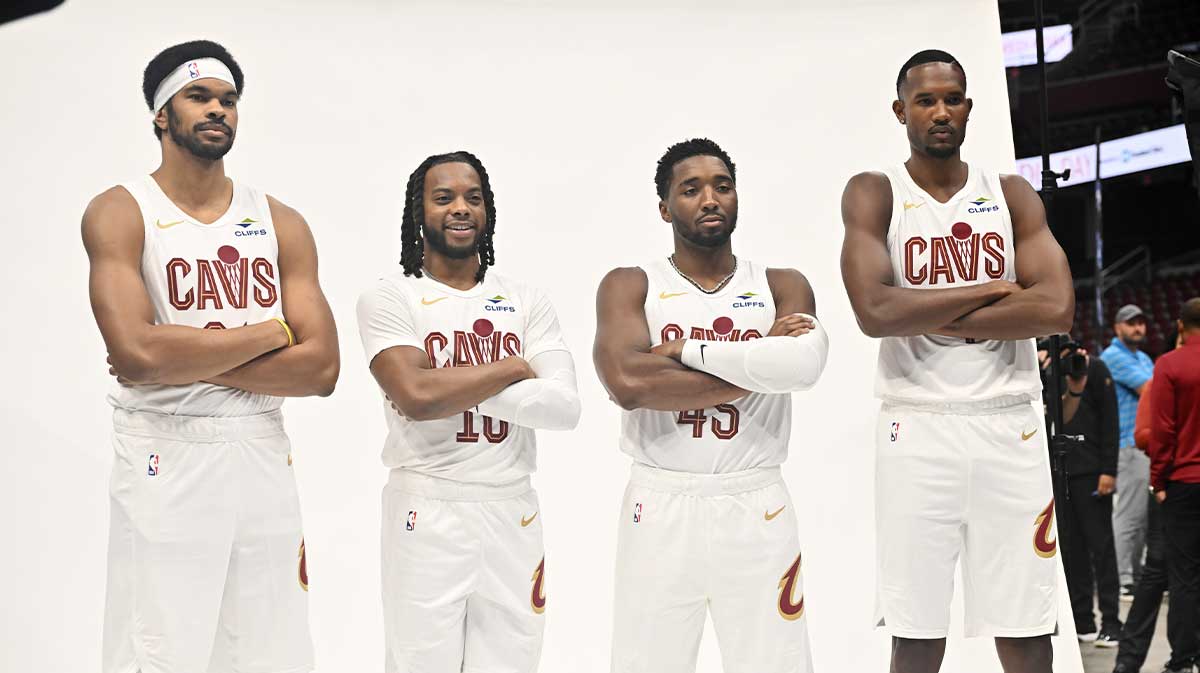When it comes to the Cleveland Cavaliers and the beginning of free agency this offseason, all eyes will be on what happens with Donovan Mitchell. Sure, Mitchell's decision to decide whether or not to sign a four-year, $208.5 million extension will shape up how the rest of the summer goes for Cleveland. But Mitchell is not the only free agent the Cavs have to worry about since Isaac Okoro will also be a restricted free agent this summer.
Restricted free agency is a tricky dilemma for both the team and the player involved, especially after Cleveland and Okoro failed to agree on an extension before the start of last season.
Okoro's gamble might've paid off after the 23-year-old had a strong season. In addition to the usual outstanding point-of-attack defense, Okoro averaged 9.4 points and 1.2 threes while shooting 39.1 percent from deep. Although he played well on defense, especially as one of the league's best point-of-attack defenders and showed some flashes of potential on offense, he still wasn't a complete player.
That's where the tricky part of restricted free agency comes into focus. In a perfect world, the Cavs would be able to keep Okoro under wraps due to his somewhat lackluster numbers and keep hoping that his potential will hit another level. But, in a more realistic world, plenty of other teams can swoop in as well, making an offer to Okoro that Cleveland might not feel comfortable matching.
Who could steal Isaac Okoro from the Cavs?
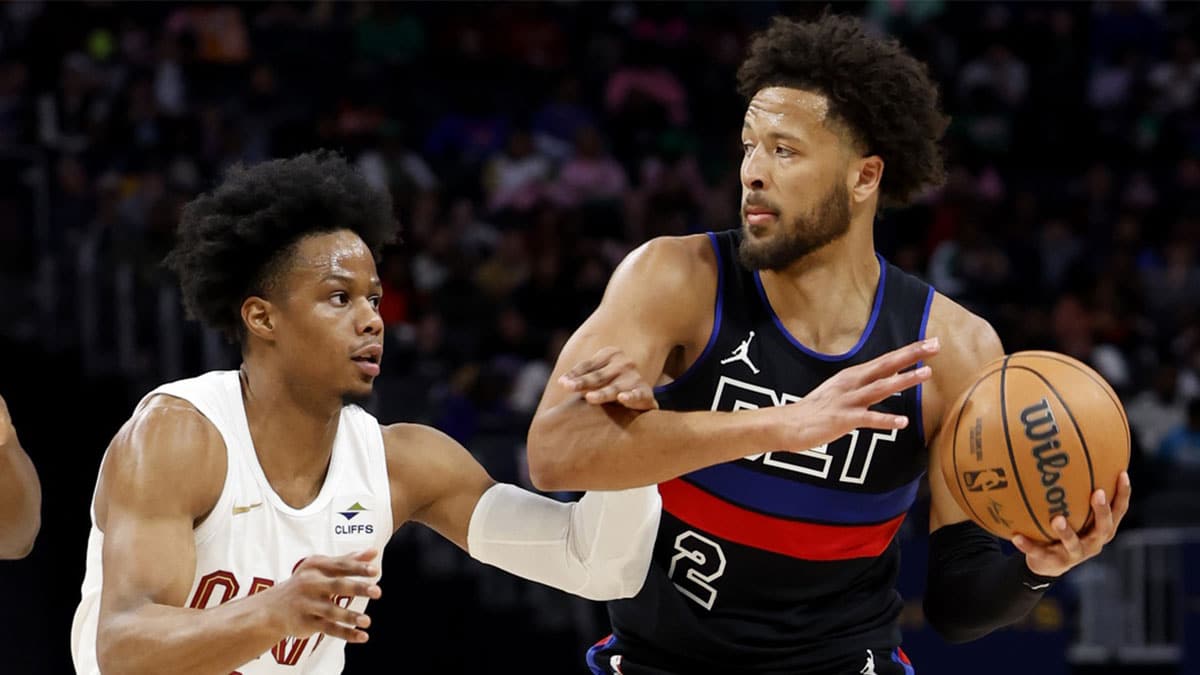
While the market for Isaac Okoro may not be as robust as some of the trials and tribulations restricted free agency may present, that doesn't mean that there will be no interested suitors.
For example, the San Antonio Spurs, who finished 22nd in Defensive Rating and ranked 26th in 3-point protection last season, would love to have Okoro on their roster. Okoro would instantly be their best perimeter defender, being able to guard three positions and could be utilized in drop coverage schemes to disrupt opposing offenses alongside Victor Wembanyama.
Similarly, the Detroit Pistons could also poach Okoro for his ability to defend on the perimeter. Although the Pistons only allowed 31.5 attempts from deep per game last season, Detroit's opponents could connect on them at a 37.1% clip. If the Pistons were to retain Quentin Grimes by picking up his team option and bring in Okoro, then Detroit could have an easier time containing opponents on the perimeter next season.
Finally, the same could be said for the Utah Jazz, who desperately need assistance defending the perimeter. Especially after moving Ochai Agbaji and Simone Fontecchio last season, the Jazz are woefully short on wings, and Okoro could easily eat up minutes in Utah's rotation. If the Jazz resigns Kris Dunn and pair him with Okoro and Walker Kessler, they may have one of the best defensive teams in the league, even if Collin Sexton or Keyonte George are ever on the court.
While Okoro's logical fit with all three of these teams makes sense, what should scare Cleveland the most is the money any of them could throw at Okoro. The Spurs currently have roughly $21.3 million in cap space. The Pistons, meanwhile, will have a staggering $64.4 million in salary space to upgrade their roster this summer. Finally, the Jazz have $36.3 million to spend on free agents, joining all three teams with more than enough to spend on players like Okoro.
Cleveland, meanwhile, has to work within tighter margins. It has 11 players under contract for the 2024-25 season, totaling 157.7 million. Sure, they're still a shade above $13 million away from entering the luxury tax threshold and likely will this offseason, but it is fair to question if Okoro will be the reason why they do or do not.
Opposing teams will be more than aware of this when monitoring Okoro's situation with the Cavs. If an opposing team makes an offer that Cleveland doesn't want to match, then they risk losing Okoro's on-court impact. It'll be interesting to watch, especially with the Cavs wanting to become a legitimate title contender next season.


